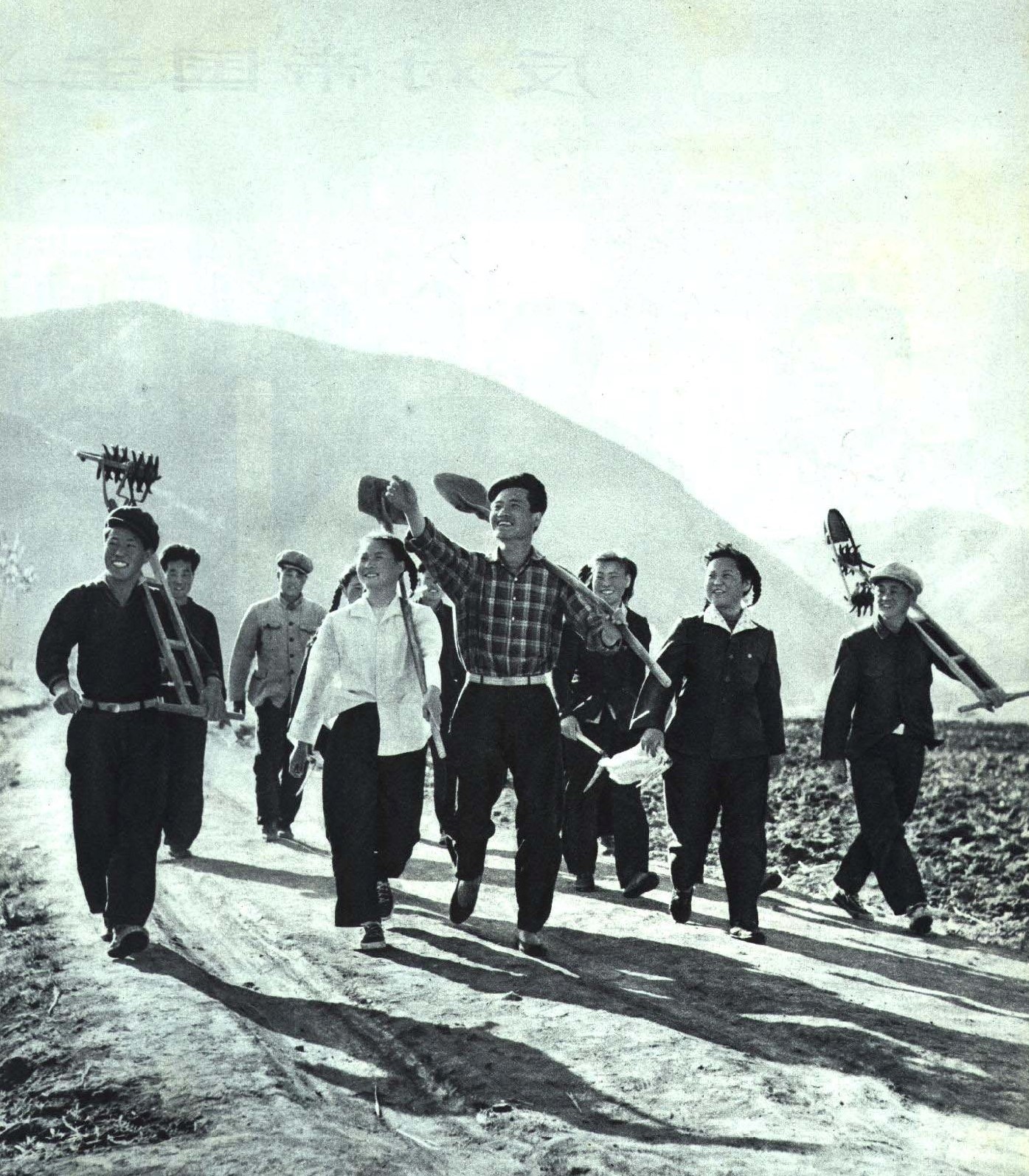Zhiqing generation
Enlarge text Shrink text
Information for Authority record
Name (Hebrew)
דור ז'יקינג
Name (Latin)
Zhiqing generation
Other forms of name
Educated youth (Zhiqing generation)
Rusticated youth (Zhiqing generation)
Sent-down youth (Zhiqing generation)
Shang shan xia xiang zhi qing (Zhiqing generation)
Shangshan xiaxiang zhiqing (Zhiqing generation)
Zhi qing generation
See Also From tracing topical name
Generations
Population
Down to the countryside movement (China)
Other Identifiers
Wikidata:
Q834330
Library of congress:
sh2018001377
DLC:
sh2018001377
LIBRARY_OF_CONGRESS:
9810904599300041
Sources of Information
- Work cat.: Tuhe sui yue, 2015:t.p. (shang shan xia xiang zhi qing; reminiscences of a zhiqing)
- Guo, J. Historical dictionary of the Chinese Cultural Revolution, 2015:p. 96 (Educated youths (Zhishi qingnian or zhiqing): this term, as commonly understood today, refers mainly to urban and suburban middle-school and high-school graduates during the Cultural Revolution who were sent to the countryside to work, and to be "reeducated" by the farmers there)
- Yang, G. China's zhiqing generation, chapter in Modern China, c2003, p. 267-296, viewed through JSTOR, May 26, 2018:abstract (about nostalgia exhibited by China's zhiqing generation in the 1990s) text (all kinds of events involving former educated youth began to appear across China in the 1990s; zhiqing generation has witnessed the entire history of the People's Republic of China and have been main characters on his historical stage)
- Sausmikat, Nora. Generations, legitimacy, and political ideas in China, chapter in Asian survey, c2003, viewed through JSTOR, May 26, 2018:abstract (focuses on the political discussions among intellectuals and politicans who belong to the birth cohort of the late 1940s and earely 1950s, the so called Zhiqing generation, and describes embedded and developed stereotypes of political identity and legitimation)
- Xu, Bin. Some sufferings are more equal than others, announcement of Nov. 18, 2014 lecture at Yale, viewed through JSTOR, May 26, 2018:(Among the zhiqing were China's President Xi Jinping and Premier Li Keqiang; zhiqing endeavor to reaffirm values of their youth and traditional virtues; Xu argues that former zhiqing's present class positions and other inequality-related factors are central to both their generational collective memory and their individual memories)
- Wu, Weiyi, The identity of zhiqing, 2016:p. 4 of cover (provides new research on Zhiqing; investigates their distinctive identity and self-identification from a social psychological perspective) preface (Up to the Mountains and Down to the Countryside Movement in China; state policy 1967-1979; 16 million secondary school leavers in different cities relocated to rural areas; after the movement's termination, returned Zhiqing (Educated Youth) strived hard to establish their foothold in the city; problematization of their group identity and their socially disadvantaged status; the Zhiqing generation in China's central leadership including President Xi Jinping and Premier Li Keqiang; focuses on Zhiqing's social identity and re-identification, compiles and analyzes the social history and individuals' life stories)
- China's "sent down" youth, Sept. 20, 2013 article on Financial times WWW site, May 26, 2018:(In the 1960s and 1970s, millions of young Chinese were sent to the countryside to undergo re-education by poor peasants)
- Review of Mao's lost children, stories of the rusticated youth of China's Cultural Revolution, in The China journal 77(2017)(rusticated youth called zhiqing)
1 / 3
Wikipedia description:
The sent-down, rusticated, or "educated" youth (Chinese: 下乡青年), also known as the zhiqing, were the young people who—beginning in the 1950s until the end of the Cultural Revolution, willingly or under coercion—left the urban districts of the People's Republic of China to live and work in rural areas as part of the "Up to the Mountains and Down to the Countryside Movement". The vast majority of young people who went to the rural communities had received primary to secondary school education, and only a small minority had matriculated to the post-secondary or university level.
Read more on Wikipedia >
 Topic
Topic




